Magnesium ensures that calcium is effectively utilised by the body. This mineral binds to oxalate in the digestive tract and inhibits the formation of calcium oxalate crystals in urine.
B vitamins are also important to help reduce free oxalate and uric acid production. Vitamin B6 (Pyridoxal-5-Phosphate) is key for glutathione synthesis, as well as oxalate metabolism and nerve health.
A high-quality supplement is recommended to take for magnesium as well as a methylated vitamin B complex to support the system. In terms of magnesium, I recommend magnesium citrate form which is great for oxalate stones.
Of course, consuming foods high in these nutrients is beneficial too. Magnesium can be found in almonds, cashews, cocoa, cod, eggs, figs, kelp, leafy greens, legumes, lima beans, parsnips, seeds, and more.
B vitamins are found in spinach, parsley, broccoli, beets, asparagus, offal meats, sweet potato, chicken, beef, fish, bananas, eggs, mustard greens, and more.
However, a lot of these foods are not recommended if you’re following a low oxalate diet. Stick to the choices that are high in B-vitamins and magnesium, but low in oxalates like bok choy, broccoli, cabbage, grass-fed butter, and flax seeds.
Studies have also shown that potassium citrate helps to reduce kidney stone formation. The combination of magnesium and potassium citrate may be more effective than either alone.
Vitamin K2 is critical to ensure that calcium is taken into the bone, rather than left in circulation to be excreted by the kidneys.
It is important to have a good balance of K2 and Vitamin D3. But, ensure that vitamin D3 levels and supplementation is not excessive, as high dosages of Vitamin D can actually draw more calcium into the body, and therefore increase the chance of kidney stones.
Although urinary tract infections do not always occur with kidney stones, in some cases the lack of urine drainage and inflammation from a stone obstruction can lead to an infection. D-mannose is a sugar that can be found in cranberries (among other things). D-mannose binds to the cells which line the urinary tract and prevent bacteria from adhering to the lining of the urinary tract.
Improve gut health with probiotics
Improving gut microbiome and bowel movements is key in supporting detoxification and general health. Probiotics offer a great way to support your gut health and microbiome.
The bacterial population of the gut may play an important role in oxalate breakdown and metabolism. Lactobacillus and Bifidobacteria strains may
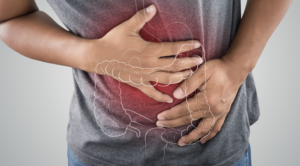

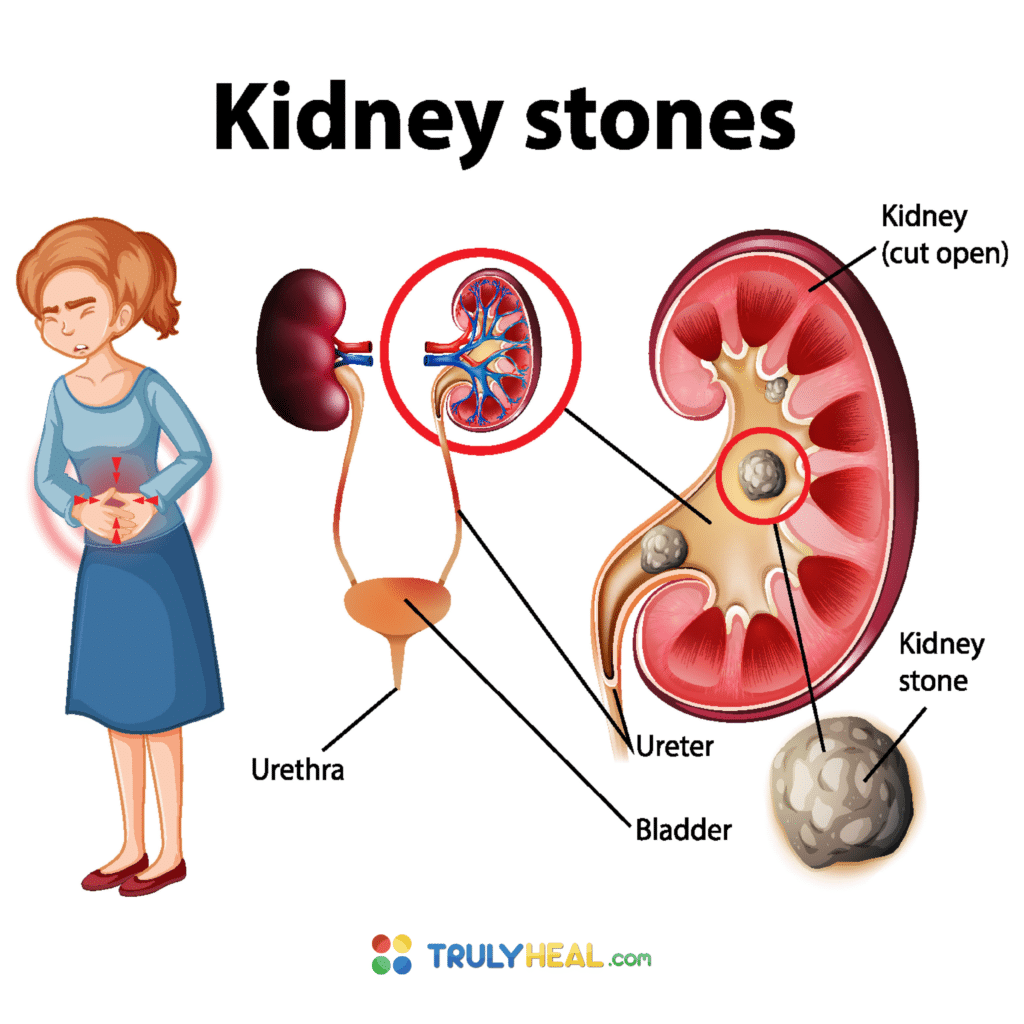
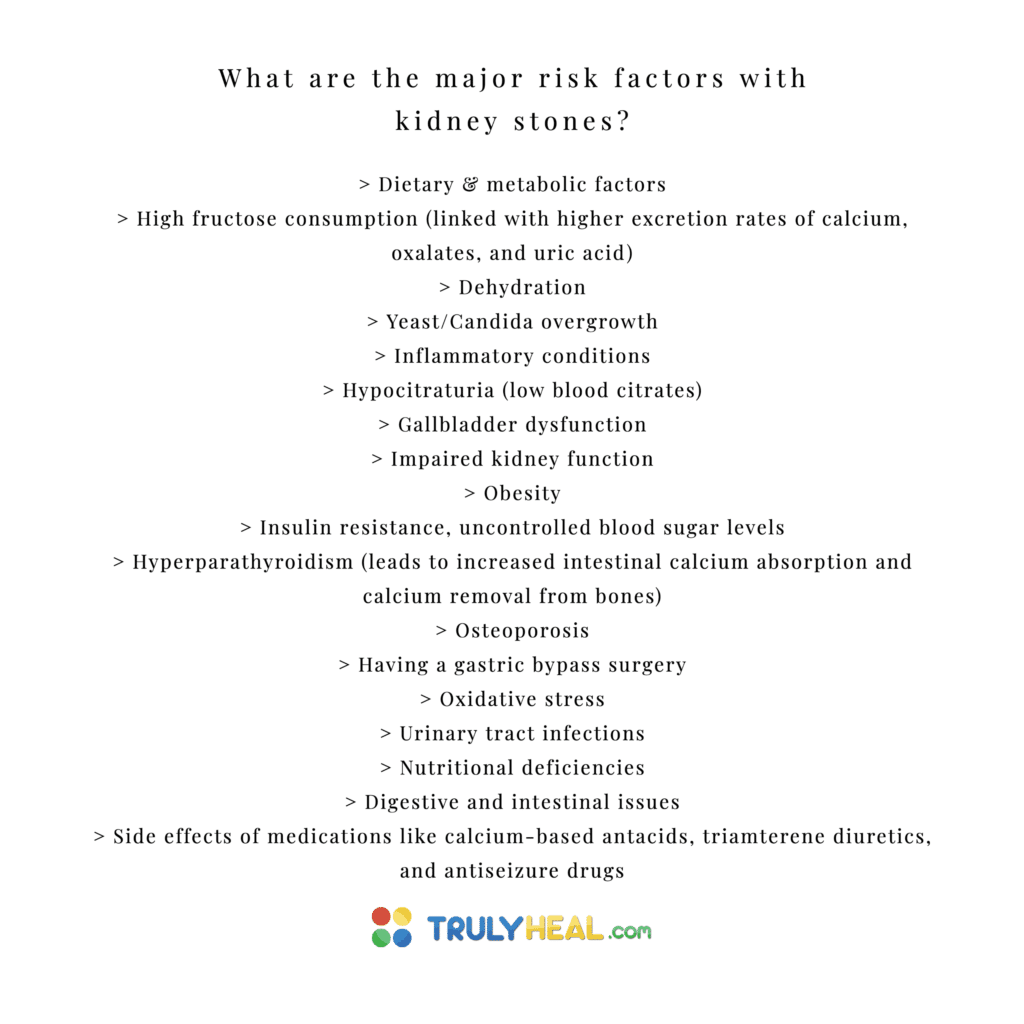


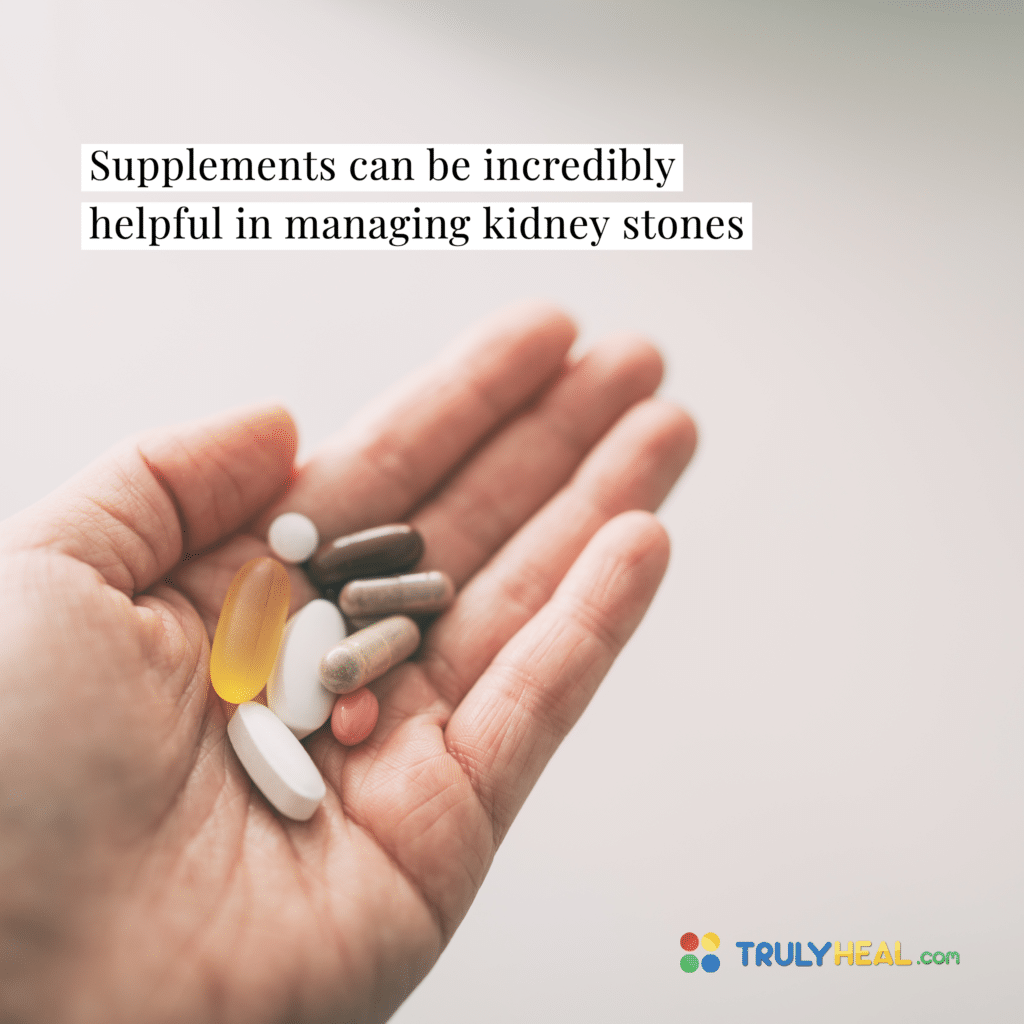












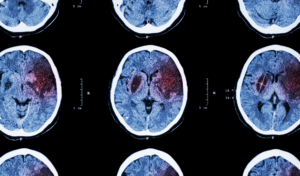

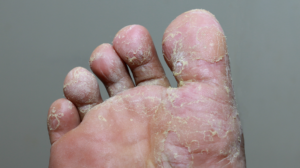

One Response
Thank you for an informative article. However, I would add that Vitamin C is safe to supplement provided it is buffered and not ascorbic acid alone. Further, lemon wedges or juice in water bottle may lead to erosion of tooth enamel.